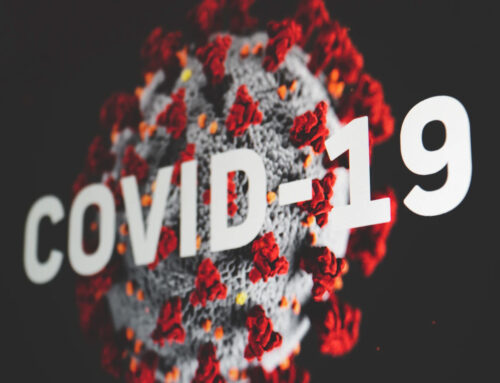The two main bankruptcies for individuals are chapter 7 and chapter 13. In general, if an individual is looking to obtain a fresh start and obtain debt relief by filing a bankruptcy, chapter 7 is preferable to a chapter 13. There are numerous reasons why a chapter is generally preferable to a chapter 13: 1) a chapter 7 lasts about 90 days versus a chapter 13 that lasts at least 36 months and as long as 60 months; 2) in a chapter 7 the debtor normally doesn’t need to make any payments to the chapter 7 or lose any assets to the trustee because normally there are no recoverable assets in a chapter 7 versus in a chapter 13 case the debtor needs to make monthly payments of at least $100 per month (but could be a lot more) for at least 36 months; 3) the attorney fees for a chapter 7 are less than a chapter 13 because there is less work involved in a chapter 13; and 4) the success rate for chapter 7s is extremely high because there isn’t a lot that debtor needs to normally do in a chapter 7 versus about a much lower success rate for chapter 13s since there is a lot more that a debtor must do in a chapter 13 case.
The threshold matter for determining whether someone qualifies for a chapter 7 versus a chapter 13 is what kind of debt that the debtor has. If the majority of the debt is “consumer debt” than we must do a means test (this takes the last 6 months of income from the debtor and spouse, if married, to determine if the debtor’s income is above the median income level for their family size in Oregon). If above the median income level then there is a more detailed analysis that must be done to determine if the debtor can file a chapter 7. Most debt is “consumer date” (e.g., student loans, residential mortgages, personal credit cards, and medical debt). Debt that is not “consumer debt” would include taxes and business debt. In general, if a debtor qualifies for a chapter 7, a chapter 7 is what the debtor would be better off filing (an exception would be if a debtor has mortgage arrearage and wants to save their house; there is a mechanism in a chapter 13 to pay mortgage arrearage in the chapter 13 plan, which the chapter 7 doesn’t have that mechanism). Unfortunately, there are some bankruptcy attorneys in the Portland area who will push their clients into a chapter 13 when a chapter 7 would be better off for them (the attorneys earn a lot more attorney fees in a chapter 13 versus a chapter 7). I pride myself on always doing the best that I can for my clients and will never recommend a chapter 13 filing if a chapter 7 is available and there isn’t a really good reason for choosing a chapter 13 instead of a chapter 7.
The above is not meant to act as specific legal advice for your particular situation. If you live in the Portland, Oregon, metropolitan area and want to discuss potential chapter 7 and/or chapter 13 options than it is a good idea to meet with an experienced Portland bankruptcy lawyer. I have been a Portland attorney since May of 1998. In early 2006 I personally went through a chapter 7 bankruptcy. And since the summer of 2009 I have focused my practice almost exclusively on consumer bankruptcy law (which also includes helping individuals who need debt relief that own small LLCs or S Corporations). I would be happy to speak with you and/or meet with you to discuss your specific situation and answer all of your questions. Feel free to call my office 503-519-7123 or send me an email: [email protected].





